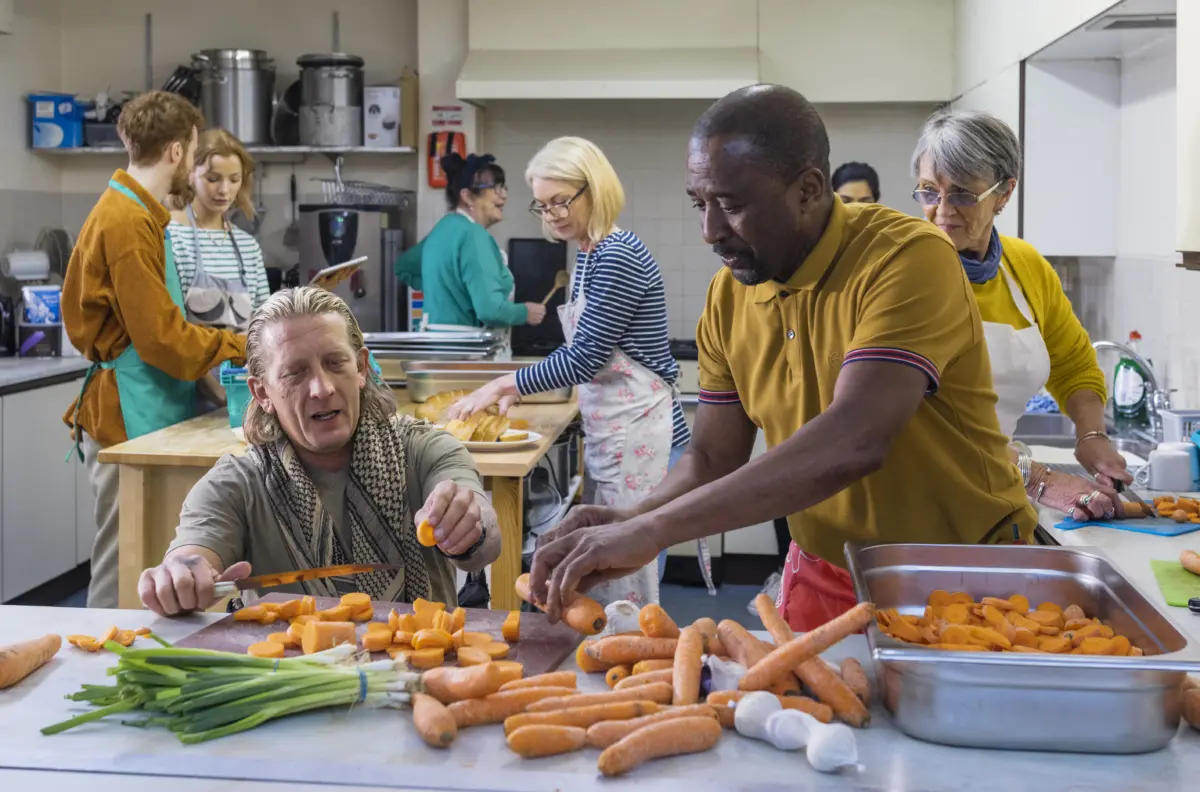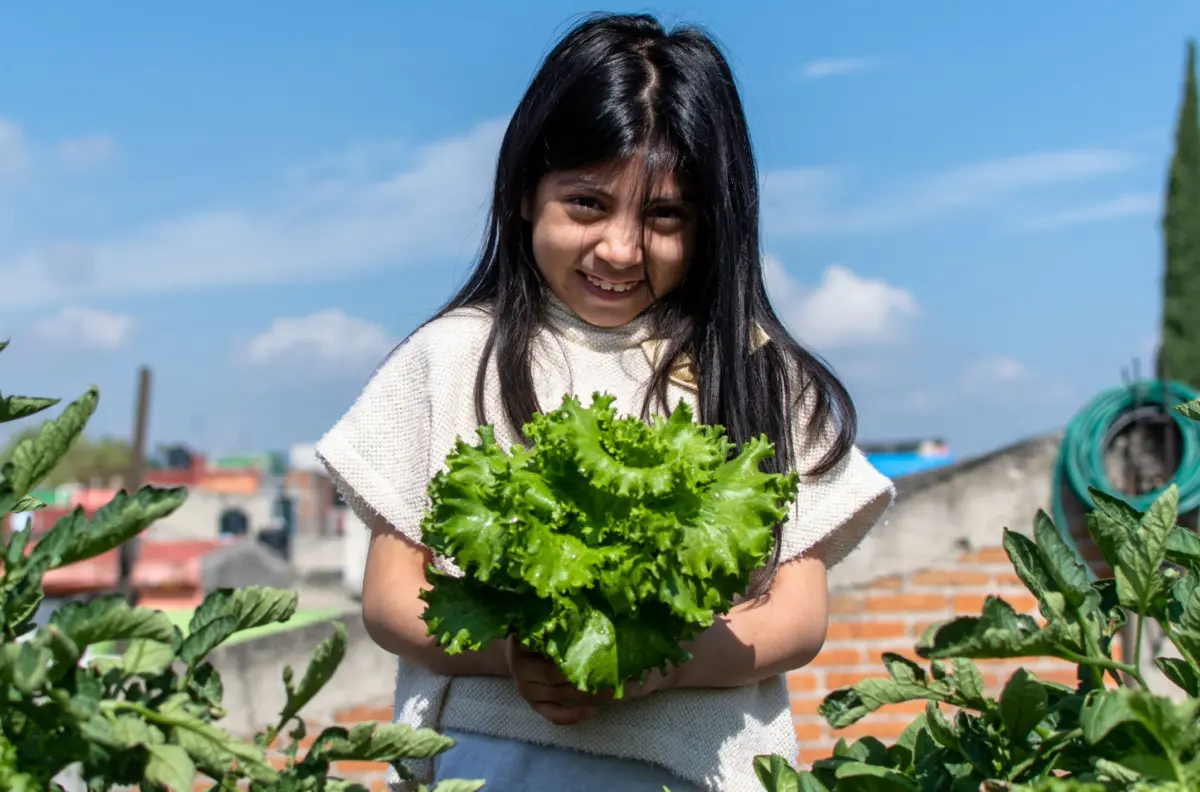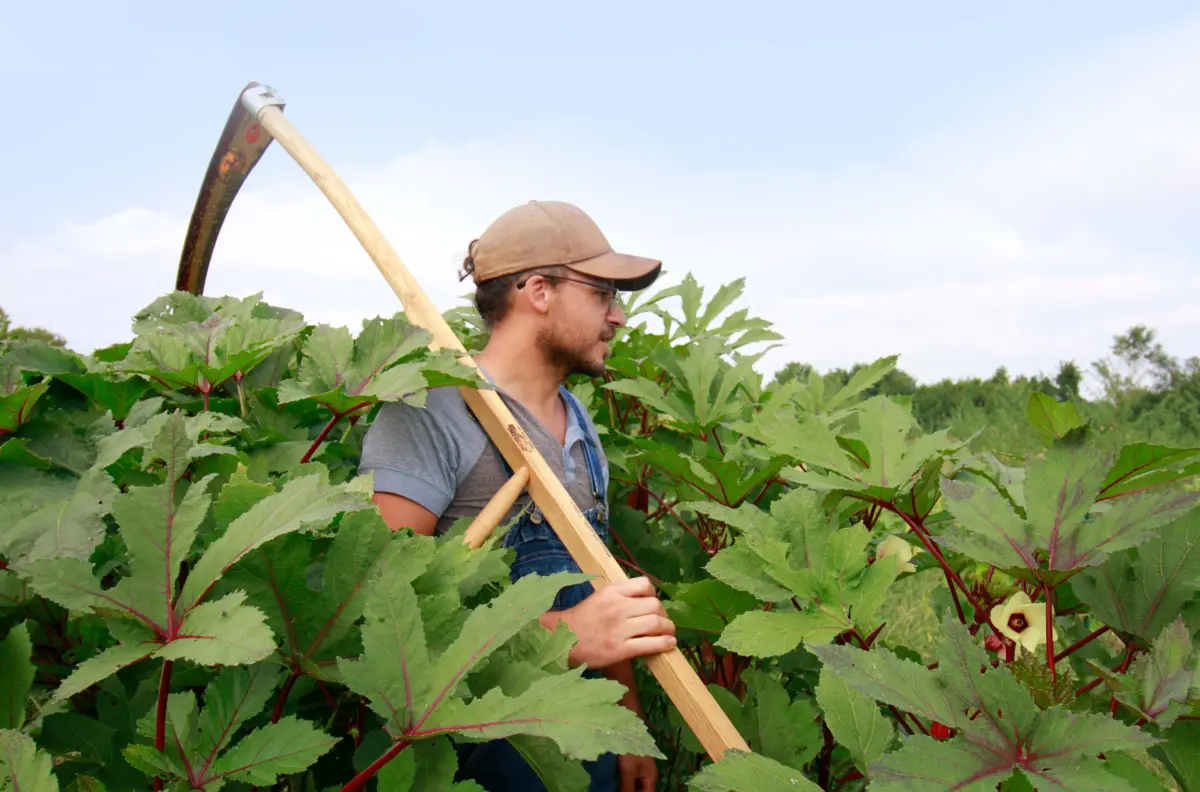Jamie Bussel: Today, we’re really excited to be releasing our second annual report, State of Childhood Obesity: Prioritizing Children’s Health During the Pandemic. And I’m thrilled to have our President and CEO, Dr. Rich Besser, here with me to discuss the report. Hi, Rich.
Rich Besser: Hey, Jamie, it’s great to see you remotely and to have a chance to talk about the report. What are the data showing us?
Jamie Bussel: The newest data are from a survey of children between the ages of 10 and 17 and what it shows us is that 15% of kids in this age range have obesity. That’s a number that’s remained pretty consistent over the last couple of years. In addition, we continue to see stark and deep disparities across race and income. And interestingly, and not surprisingly, a lot of the disparities that we’re seeing are also being mimicked by the kinds of disparities that we’re seeing with the COVID epidemic. So, I’d love Rich to sort of hear from your perspective, how you’re thinking about that. Kind of the intersection or almost the reinforcing of one issue, one crisis, with the other.
Rich Besser: What you’re saying in terms of the obesity data in America and the disparities and what we’ve been seeing over time really resonates with what’s taking place around COVID. Because while obesity hits every racial and ethnic group and every income group, it doesn’t hit each group equally. And that’s what we’re seeing with COVID. And when you think about why that is, there are a number of different factors. Some have to do with exposure but so much has to do with opportunities to make healthy choices. If you live in communities where the jobs that are available to you require face-to-face interaction and are lower paying jobs then the likelihood is that you’re going to have to go to work if you want to put food on the table and want to pay the rent.
So that increases the risk. The overlap between groups that are being hit hardest for COVID and the disparities that you’re laying out for obesity show there are real parallels there. And it calls out the importance of not just lifting up these disparities, but framing it around opportunities. Who has opportunities for healthy eating and for healthy activities and for the types of behaviors that will reduce the risk for obesity?
Jamie Bussel: So Rich, on that, because I think this conversation could be a bit gloomy, but I’m definitely a person that sees the glass half-full and so I’d love to chat a little bit about what gives you hope and optimism. I know for me, and there are some incredible stories embedded in the new report that really lift up extraordinary people, extraordinary leaders on the front lines doing things that are transformative for people, for kids, for families, without actually the supportive policies or big resources and investments. So I think for me those are incredible beacons of hope.
Rich Besser: There are a number of things that give me hope. I get hope from the humanitarian outpouring that we’ve seen during COVID. You know, in response to hunger, people stepping up and providing more support for food banks and other ways of getting food out to people. And that’s terrific. What I want to see though, longer term, is the support for the policies that, if put in place, will mean that in the next crisis, or everyday for so many Americans, we won’t need so many food banks because we will have jobs that pay a living wage so people can buy healthy food. We will break down the barriers that keep our communities so segregated that prevent people from having opportunity. And I think that we are at a moment in our history where because of this crisis, because of the pandemic of coronavirus, and the devastation from this economic downturn and the spreading and rising and the inspirational movement for racial justice that we can see policy changes that truly change the nature of our communities. We can make our communities really communities of opportunity and not communities that lead to the health consequences that we’re talking about today.
Jamie Bussel: Rich, I love that idea, the notion of communities of opportunities. Maybe I’ll just close by saying that I think our Foundation’s commitment to preventing childhood obesity is really a commitment to ensuring that every child in this country, every family, has a fair and just opportunity to live the best, healthiest life possible.
I remain incredibly hopeful and I’m thrilled that you took some time out today to chat with me about the forthcoming report.
Rich Besser: Well said Jamie. Thanks for sharing all that you’re doing around childhood obesity and around this report. I hope you are well and stay well. Great talking to you.
Jamie Bussel: Thank you. You too. Thanks, Rich.


